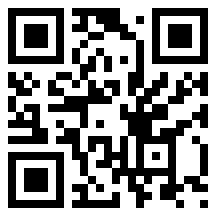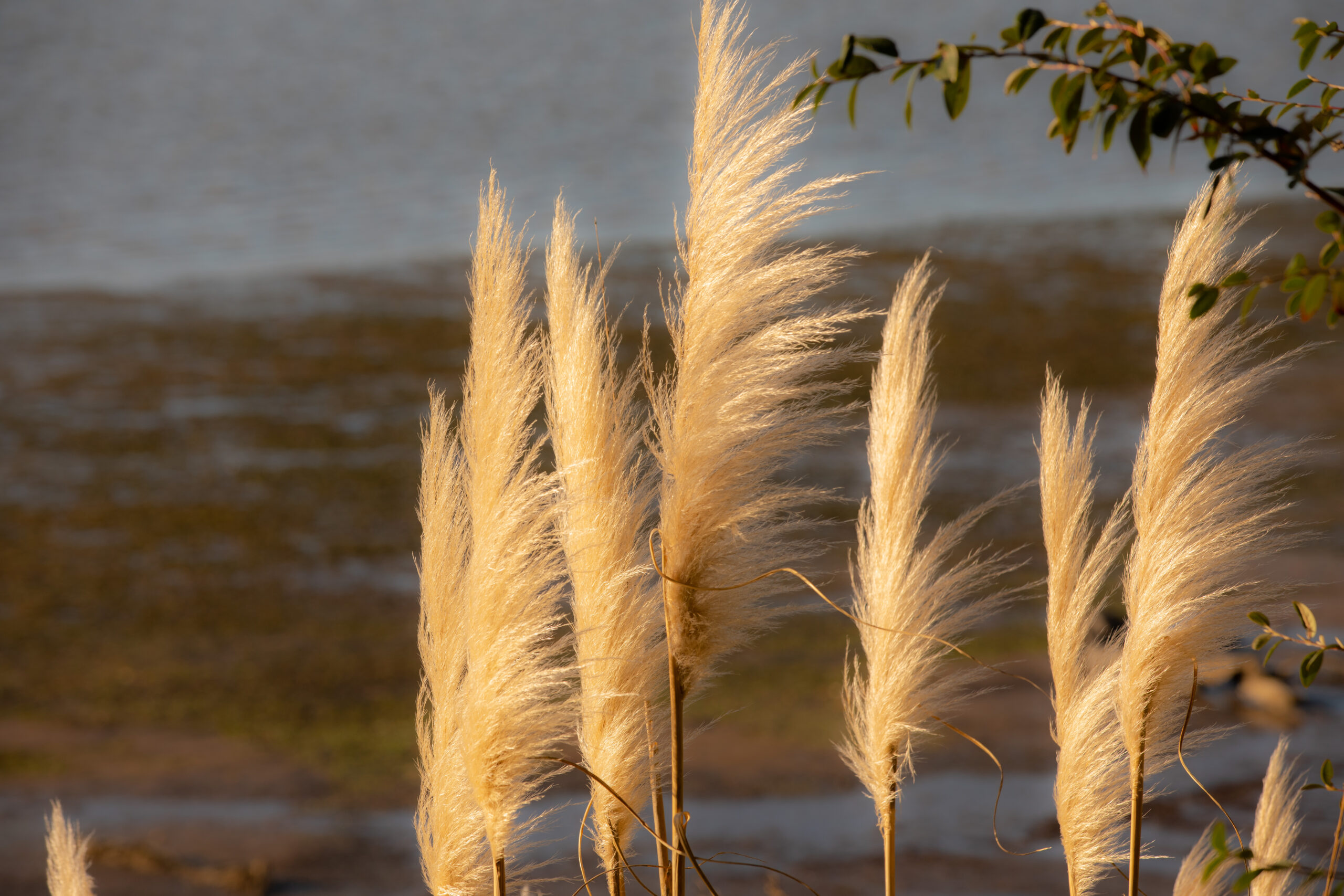What matters to whānau & families?
Your voice
helps us do better
Your voice helps us do better
Family violence has a big impact on health and wellbeing, but it’s not always well recognised within health care services. We don’t know enough about whether services truly meet the needs of whānau, and the voices of those using services are often missing in their design and development. Understanding these experiences is key to improving services.
We want to hear from whānau and families who have experienced family violence and want to help improve support services within health care.
This project will work alongside whānau and families to understand what matters most when accessing GP clinics and hauora, how health and wellbeing can be better supported, and the best ways to share this knowledge with health care providers.
Listening to what matters to whānau and families will help health providers feel more confident and skilled in providing support. It will also highlight the best ways for whānau to access care, create opportunities for early help, and identify what positive change looks like for families.
Please note, this study isn’t for those currently in crisis or involved in ongoing legal proceedings. Our team takes a careful approach to whakawhanaungatanga, working with you to build trust, safety, and understanding needs before taking part in the study.
Want to find out more?
Read the Adult Participant Information Sheet & Consent Form Below
Register your interest in participating below.
A member of our research team will contact you shortly.
Our Research Team
Get to know us, the people behind What Matters to Whānau.

Matetu Mihinui – Te Arawa
As the kōrero goes, ‘it takes a village to raise a child’. I am a child of my small Māori village in Rotorua, called Whakarewarewa. Tangata Whenua was not a word that I was familiar with until I got a bit older, but I now understand it through my experience of growing up in the steam, the river, our geothermal springs, my marae and as a host to many cultures of the world. My professional practice has been based on the responsibility my Village has on behalf of Māoridom, in Manaakitanga and Kaitiakitanga of people and culture.

Dr Claire Gear
Kia ora, I’m a Senior Research Fellow at AUT, and have the privilege of leading this research team of great minds and big hearts. I have a strong passion for social justice and human rights. My mahi aims to disrupt systems of inequality and inequity by raising community voices. I whakapapa to Tauranga Moana through my two sons and am a proud Collective member of Tauranga Women’s Refuge.
Atawhai roles: Co-Investigator and Project Lead; Facilitator, General Population Health caucus
Expertise: Health system responses to family violence, complexity theory, social network analysis, primary care

Hazel Hape
Kia ora, I work for Te Whakaruruhau o Tauranga Moana (Tauranga Womens Refuge), in the Bay of Plenty. I whakapapa to Ngati Pukenga, Ngaiterangi and Te Arawa through my mother and Far North, Ngati Kahu through my parents. I am passionate about holding space for women and children and supporting whanau impacted by family violence. I am currently studying at Te Wananga o Aotearoa on the Master’s Indigenous Practice.
Atawhai roles: Co-Investigator, and Rapporteur for Māori health rōpū.
Expertise: Specialist family violence services, community service provision

Dr Anna Rolleston
Kia ora, I am Managing Director at Manawaora The Centre for Health, based in Tauranga. A big part of what we do is bridging the gap between science and mataruanga Māori in both research and in health services. I am of Tauranga Moana descent and am passionate about helping to shape a health system that works with and for people.
Atawhai roles: Co-Investigator, and Rapporteur for Māori health rōpū.
Expertise: Māori health, kaupapa Māori health research, community engagement, Māori governance

Dr Elizabeth Eppel
I am drawn to understanding how to solve complex problems like ending family violence and whauau are key to this. A fourth generation Australian I identify myself as tangata Tiriti. I came to Aotearoa on a working holiday some decades ago. Now with kiwi whanau of my own that ‘holiday’ has extended for much of my working life which has been lived in Otepoti and Poneke working in secondary schools, government and now researching in public policy. Nobody can fully understand complex problems but everyone knows a bit of the puzzle and can contribute something to solving it.
Atawhai roles: Co-Investigator and Project Lead; Facilitator, General Population Health caucus
Expertise: Complexity theory, social network analysis, policy and public management

Hori Ahomiro
Tēnā koutou katoa, I am a kaitiaki of our Atawhai team and whakapapa to both Te Arawa and Mataatua waka. I enjoy working with and for our team of professionals in the research and family violence space. Where I will be using some of our kōrero, experiences and findings in my current PhD studies. Ngā mihi o te wā, Hori.

Professor Jane Koziol-McLain
Kia ora, I am Director of the Centre for Interdisciplinary Trauma Research based within the Faculty of Health and Environmental Sciences at Auckland University of Technology (AUT). With Polish heritage, I relocated to New Zealand from the United States with my partner and three children over two decades ago. My role at AUT is influenced by my nursing practice, teaching and research. I am dedicated to fostering a health system culture that prioritises sensitive, nonjudgemental care promoting safety and healing from both past and current traumas.
Atawhai role: Co-investigator
Expertise: Strengthening the health response to family violence, health research

Dr. Gabrielle Moss
Kia Ora, I am a GP based in tamaki Makarau where I live with my 3 daughters, I whakapapa to the Far North, ngati kahu is my iwi. I am passionate about providing whānau/families with a healthcare model focused on compassion and respect and enjoy working with a team that shares my values to deliver the best healthcare service prossible. I have a special interest in family violence prevention. Iwi afficiliations: Ngati Kahu, Te Rarawa and Ngati Whatua.
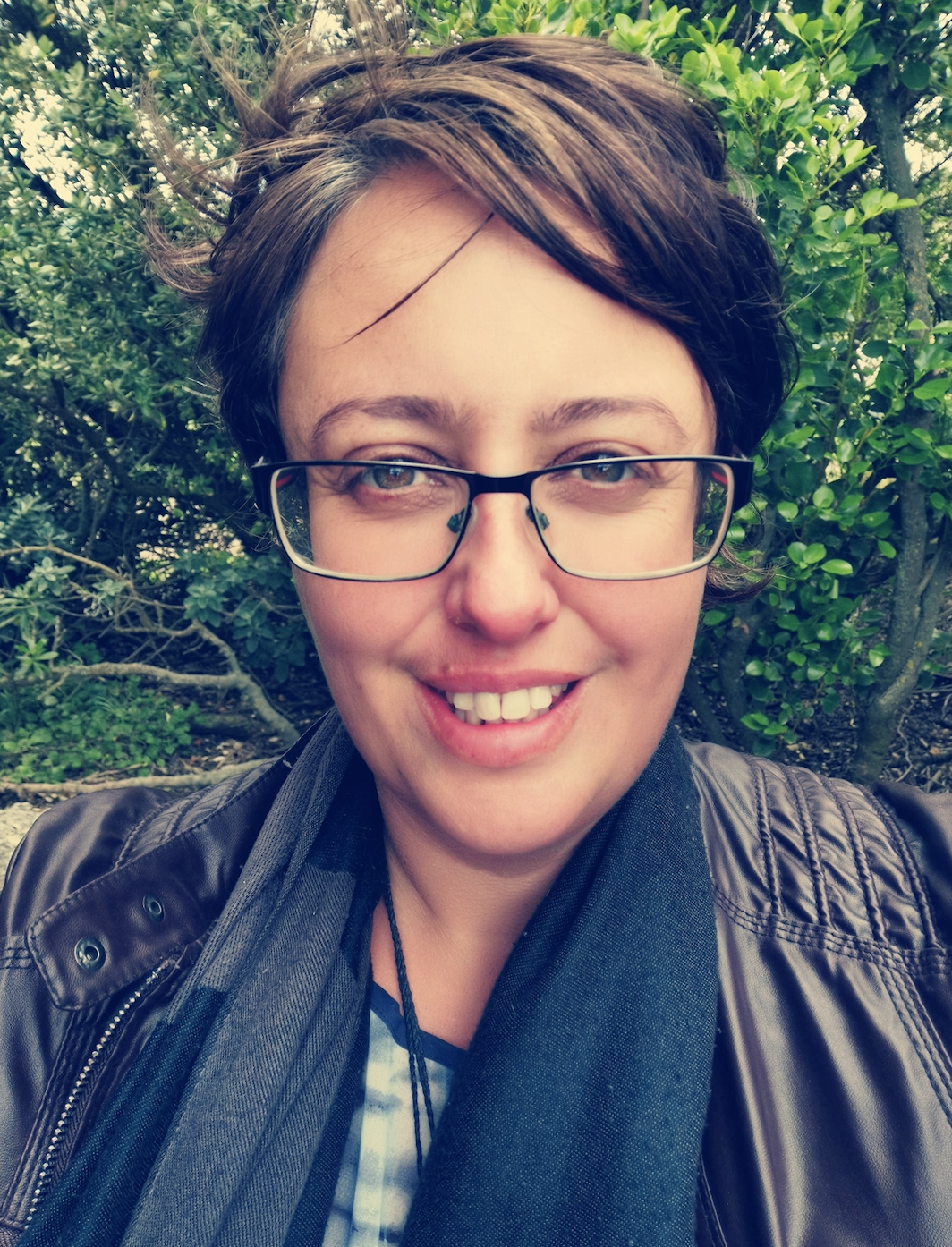
Zoë Tipa
Kia ora, I whakapapa to Kai Tahu and Ngati Kahungunu. The Tipa whānau are from Moeraki on the East Coast of Te Waipounamu. I work as the Chief Nurse for Whānau Āwhina Plunket. I am committed to increasing the accessibility and cultural safety of health services for whānau Māori. My research is in the field of well child/ tamariki ora (WCTO) nursing and asked whānau “what matters to you” when accessing these services. Working alongside whānau, I developed a framework for cultural responsiveness outlining the key elements that promote engagement with WCTO services. I am passionate about translating research into practice and seeing real change in the systems and process that drive the way organisations engage with whānau.
Atawhai roles: Knowledge Translation Strategist
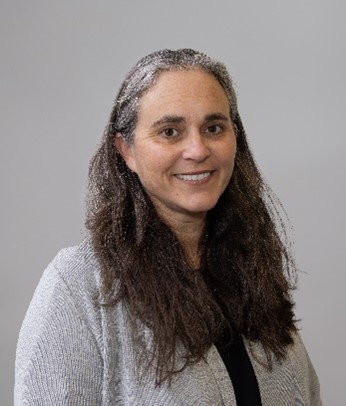
Dr Claire Isham
Kia ora, I am a General Practitioner at Ngãti Kahu Hauora and Clinical Director at Western Bay of Plenty PHO.
I am committed to providing compassionate and culturally responsive care and supporting individuals and their whãnau to access critical services and support systems, fostering safety and well-being for all.
In my role as Clinical Director, I work closely with healthcare teams and community organizations to ensure providers receive the necessary support and resources, particularly when navigating the complex challenges of family violence.
I am a passionate advocate for person and whãnau-centered care, and strive to create an environment where all people feel seen, heard, and supported.
Atawhai roles: Co-Investigator, Bay of Plenty Primary Care Advisor, Hauora
Expertise: Sexual violence specialist, general practice, local clinical service delivery and general practice networks

Lisa Mullions
Kia ora e te whānau, my intention is to always bring presence, compassion, care perspective, respect, deep listening and reflection in spaces where trauma informed care and integration are key. If there is a place where people need additional resources and professional support, I follow ethical guidelines and am on the What Matters to Whānau team to support in this way. I have a Sāmoan and Tokelau Peoples lineage (villages of Falealili, Togafu'afu'a and Vaisiagno) on my Mother’s side carrying into my contexts Pasifika wisdom and healing and am a Mama of three.
Atawhai role: Project Support and Communications
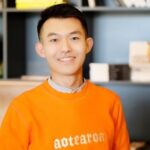
Eric Wei
Kia ora! I am an experienced professional specializing in administrative support and financial management, currently serving in our research center environment. My background relates to valuable roles in business administration and financial services, with a strong foundation built through hands-on experience in customer-oriented management services involving multiple stakeholders. My work is focused on delivering high-quality support, and I am dedicated to developing in-demand skills in a fast-growing environment while prioritizing exceptional customer service and professional growth.
Atawhai roles: Administrative support and financial services

Claire Gear. Kia ora, I’m a Senior Research Fellow at AUT, and have the privilege of leading this research team of great minds and big hearts. I have a strong passion for social justice and human rights. My mahi aims to disrupt systems of inequality and inequity by raising community voices. I whakapapa to Tauranga Moana through my two sons and am a proud Collective member of Tauranga Women’s Refuge.
Hazel Hape. Kia ora, I work for Te Whakaruruhau o Tauranga Moana (Tauranga Womens Refuge), in the Bay of Plenty. I whakapapa to Ngati Pukenga, Ngaiterangi and Te Arawa through my mother and Far North, Ngati Kahu through my parents. I am passionate about holding space for women and children and supporting whanau impacted by family violence. I am currently studying at Te Wananga o Aotearoa on the Master’s Indigenous Practice programme.
Anna Rolleston. Kia ora, I am Managing Director at Manawaora The Centre for Health, based in Tauranga. A big part of what we do is bridging the gap between science and mataruanga Māori in both research and in health services. I am of Tauranga Moana descent and am passionate about helping to shape a health system that works with and for people.
Matetu Mihinui – Te Arawa. As the korero goes, ‘it takes a village to raise a child’. I am a child of my small Maori village in Rotorua, called Whakarewarewa.
Tangata Whenua was not a word that I was familiar with until I got a bit older, but I now understand it through my experience of growing up in the steam, the river, our geothermal springs, my marae and as a host to many cultures of the world.
My professional practice has been based on the responsibility my Village has on behalf of Maoridom, in Manaakitanga and Kaitiakitanga of people and culture.
Zoe Tipa. Kia ora, I whakapapa to Kai Tahu and Ngati Kahungunu. The Tipa whānau are from Moeraki on the East Coast of Te Waipounamu. I work as the Chief Nurse for Whānau Āwhina Plunket. I am committed to increasing the accessibility and cultural safety of health services for whānau Māori. My research is in the field of well child/ tamariki ora (WCTO) nursing and asked whānau “what matters to you” when accessing these services. Working alongside whānau, I developed a framework for cultural responsiveness outlining the key elements that promote engagement with WCTO services. I am passionate about translating research into practice and seeing real change in the systems and process that drive the way organisations engage with whānau.
Dr Gabrielle Moss. Kia ora, I am a GP based in tamaki Makarau where I live with my 3 daughters, I whakapapa to the Far North , ngati kahu is my iwi. I am passionate about providing whānau/families with a healthcare model focused on compassion and respect and enjoy working within a team that shares my values to deliver the best healthcare service possible. I have a special interest in family violence prevention. Iwi affiliations: Ngati Kahu, Te Rarawa and Ngati Whatua
Elizabeth Eppel: I am drawn to understanding how to solve complex problems like ending family violence and whauau are key to this. A fourth generation Australian I identify myself as tangata Tiriti. I came to Aotearoa on a working holiday some decades ago. Now with kiwi whanau of my own that ‘holiday’ has extended for much of my working life which has been lived in Otepoti and Poneke working in secondary schools, government and now researching in public policy. Nobody can fully understand complex problems but everyone knows a bit of the puzzle and can contribute something to solving it
Hori Ahomiro. Tēnā koutou katoa, I am a kaitiaki of our Atawhai team and whakapapa to both Te Arawa and Mataatua waka. I enjoy working with and for our team of professionals in the research and family violence space. Where I will be using some of our kōrero, experiences and findings in my current PhD studies.
Ngā mihi o te wā, Hori.
Lisa Mullions. Kia ora e te whānau, my intention is to always bring presence, compassion, care perspective, respect, deep listening and reflection in spaces where trauma informed care and integration are key. If there is a place where people need additional resources and professional support, I follow ethical guidelines and am on the What Matters to Whānau team to support in this way. I have a Sāmoan and Tokelau Peoples lineage (villages of Falealili, Togafu’afu’a and Vaisiagno) on my Mother’s side carrying into my contexts Pasifika wisdom and healing and am a Mama of three.
Network Founders
Sue Elliott
John Copeland
Glynn Rogers
Iwi: Ngāti Kahungunu ki Te Wairoa, Rongomaiwahine and Tūhoe Role: Research Participant whānau member


